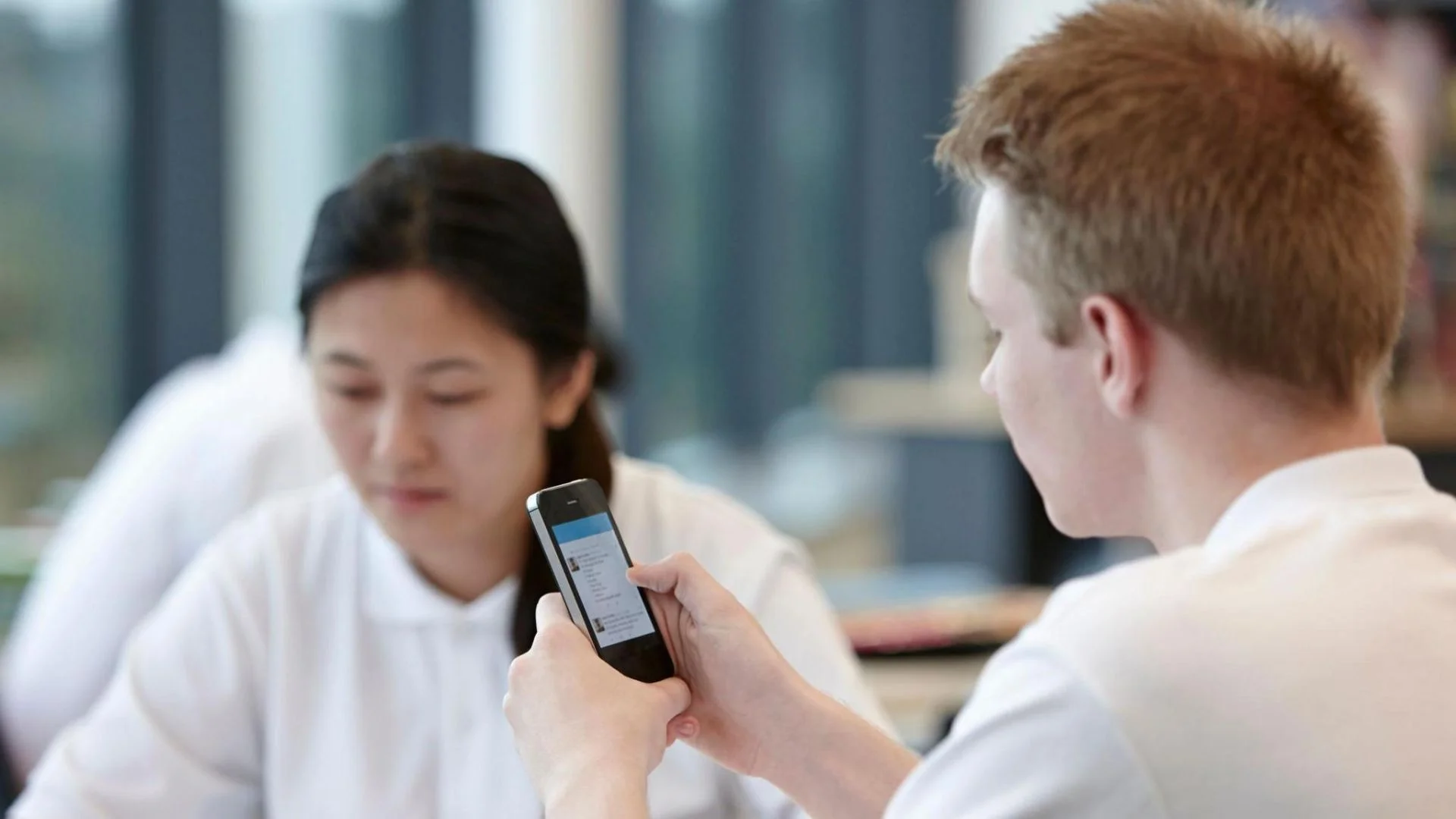Denmark’s Wellbeing Commission has called on all European countries to emulate its path by restricting the use of mobile phones in schools to protect children from digital distractions and assist them in building healthier attention spans as well as interpersonal skills.
It is a move that prohibits phones in schools, giving children an important respite from life online, encouraging participation in offline communities and shielding schools from the power of digital platforms, says Rasmus Meyer, the commission’s chair.
The commission’s latest report highlighted increasing concern at the greater digitalization of childhood, and excessive screen use was blamed for dwindling attention spans and self-esteem. One of its 35 recommendations was a national phone ban in schools and after-school clubs, one that the Danish government has promised to implement. The commission also suggested that under-13s should not be allowed to have smartphones or tablets.
Meyer insisted Europe should act in concert, advising that the European Union could reimpose the kind of restrictions being made. “If, within five years’ time, we think it would have been smarter to have phones, we can reinstate them. But I do not expect that,” he said to The Guardian.
Denmark’s Skolen på Grundtvigsvej school in Copenhagen has been phone-free since 2018, and students must surrender their phones at the beginning of the school day. Headteacher Helle Bjerg said this policy has resulted in increased classroom concentration and increased peer-to-peer interaction.
Meyer likened phones in the classroom to game consoles, saying, “We would not let children bring a PlayStation to school, but we let them bring phones that are the same purpose.”
The commission determined that 94% of Danish kids had social media profiles before the age of 13 and spent three hours a day on sites such as TikTok and YouTube, highlighting the need for immediate regulation.










